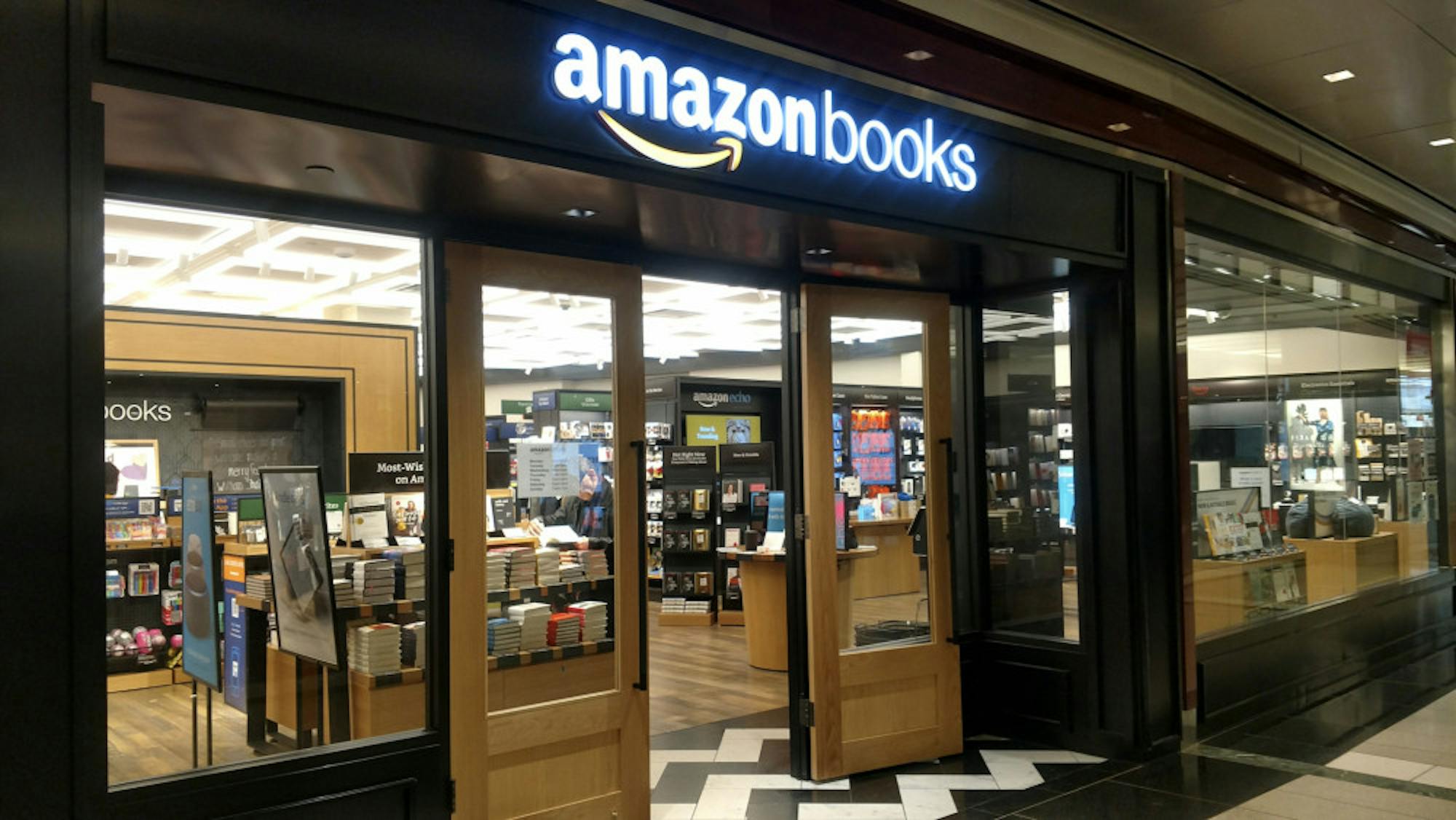Independent booksellers are suing Amazon and the "Big Five" publishing companies — Penguin Random House, Simon & Schuster, Hachette, HarperCollins and Macmillan Publishers — with a class-action lawsuit citing "a massive price-fixing scheme to intentionally constrain the bookselling market and inflate the wholesale price of print books,” according to Hagens Berman, one of the law firms representing the prosecutors.
The lawsuit was filed last week in a federal district court in New York. The suit’s lead plaintiff is an Evanston, Ill. bookstore, Bookends & Beginnings, owned by Nina Barrett. Barrettopened the store in 2014 with her husband Jeff, an expert on rare library collections.
The lawsuit says that the Big Five publishers control 80% of the traded book market, and that Amazon sells about half of all books sold and 90% of all print books sold online. This results in immense price-fixing, which prevents booksellers from competing in price and availability.
In a statement published by Hagens Berman, Barrett said, “I’ve been involved in bookselling since the early 1990s, and I’ve watched Amazon grow into the juggernaut it’s become … I’ve experienced first-hand the devastation to publishing, bookselling, and to local brick-and-mortar shopping that’s resulted. Indie bookstores like mine battle every day to survive on a commercial playing field that is anything but level, and I’m proud to do whatever I can to help remedy that.”
Amazon’s control and dominance over the book industry and publishing continue to diminish competition in and alter the framework of the industry and severely threaten independent bookstores’ survival. In August 2020, the Association of American Publishers, Authors Guild and the American Booksellers Association came together in a letter to the U.S. House Judiciary Subcommittee on Antitrust, Commercial and Administrative Law. The letter said that Amazon “engage[s] in systematic below-cost pricing of books to squash competition in the book selling [sic] industry as a whole.”
Moreover, the Institute for Local Self-Reliance published a study titled “Amazon’s Stranglehold: How the Company’s Tightening Grip is Stifling Competition, Eroding Jobs, and Threatening Communities” in 2016 about Amazon’s monopolizing of the economy. It says that Amazon is “eroding opportunity and fueling inequality, and it's concentrating power in ways that endanger competition, community life, and democracy.” Parts of this study were also cited in the lawsuit.
According to the lawsuit, “Amazon’s contracts with publishers cover practically all the potential avenues a competing bookseller may attempt to use in order to differentiate itself against Amazon. To control wholesale prices, the Big Five agree to anticompetitive restraints that prevent Plaintiff and other booksellers from competing with Amazon.”
It goes on to say that the Big Five and Amazon’s agreements fix the wholesale price of books and give Amazon “its monopoly power in the U.S. online retail trade book market, where it accounts for roughly 90% of all print book sales.” The Big Five benefit from their agreement with Amazon — they have no incentive to lower prices.
This is not the first time that booksellers have protested Amazon’s market dominance. In October 2020, independent bookstores, in a coordinated effort with the American Booksellers Association, called out Amazon’s colossal power with its “Boxed Out” campaign. Bookstores enveloped windows and storefronts with brown paper, boxes and messages like, “Books curated by real people, not a creepy algorithm,” “Buy books from people who want to sell books, not colonize the moon" and “Don’t accept Amazon’s brave new world.”
This lawsuit is the latest avenue that independent bookstores have taken to fight Amazon’s control over the book and publishing industries. It seeks monetary damages and the termination of the monopoly and price-fixing.
Independent bookstores continue to be beloved community staples and this lawsuit could be the next necessary step toward ensuring their survival.






